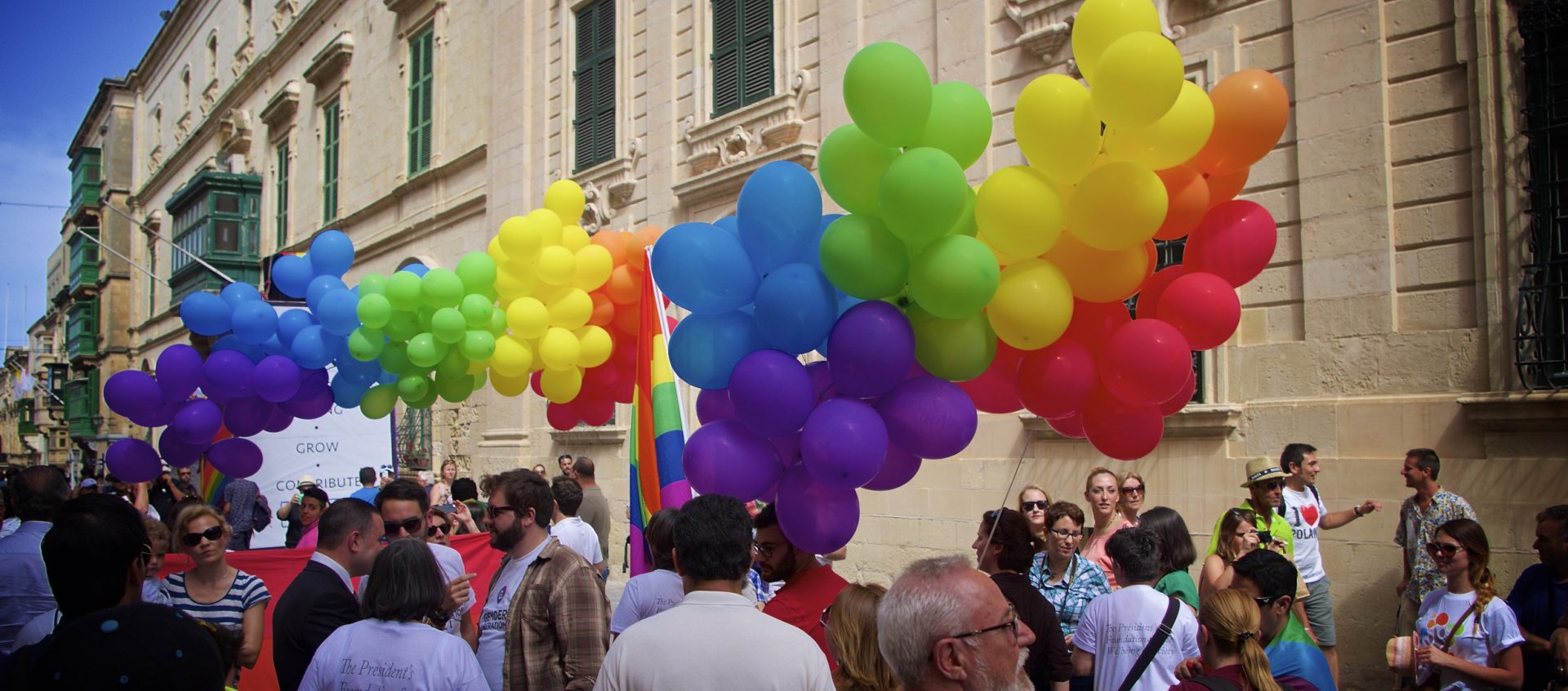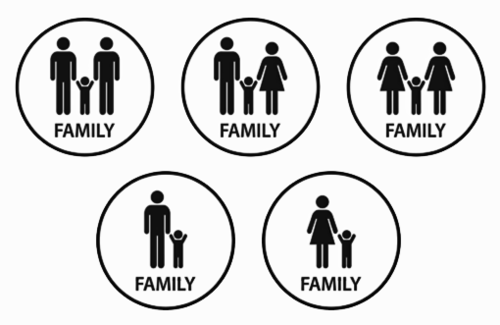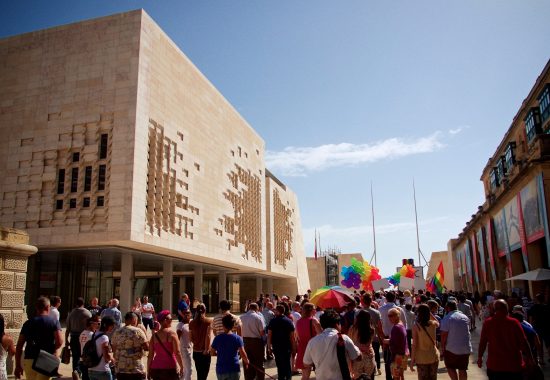This first Policy Paper is being published following a 14 July 2015 Sunday Times report of a three-day service with Mr. T. Brown (US Evangelist) invited by a Maltese Evangelist community, River of Love, in order to carry out or promote conversion therapy. Central to Mr. Brown’s teaching is a belief that homosexuality is an illness that can be cured through repentance.
Following this news, the Ministry for Social Dialogue, Consumer Affairs and Civil Liberties announced its intention to enact legislation in order to criminalise harmful conversion therapies[2]. This intention was also included as one of the main legislative measures to be carried out under the Ministry’s LGBTIQ Action Plan 2015 – 2017.
As a human rights NGO with a mandate to monitor, act and report on access to human rights in Malta, aditus foundation feels it is necessary to publish our policy on the banning of conversion therapies. This Paper is the first in what we hope will become a series of Policy Papers on human rights issues of national importance. Our aim is that these Papers will inform policy- and law-making as well as contribute to a public discussion that is safe, inclusive and based on key human rights principles.
Below is an extract from the Paper. The full Policy Paper is available on our Publications page, under Policy Input.
Conversion or reparative therapy is generally understood to be an “umbrella term for a type of talking therapy or activity which attempts to change sexual orientation or reduce attraction to other of the same sex”. Any such treatment is based on the premise that being gay, lesbian, bisexual, trans or queer is a mental disorder or deformity that can be cured.
We consider these forms of treatment as having potentially damaging effects on the individuals subjected to them. Furthermore, the belief that sexual orientation or gender identity may be treated as curable illnesses or conditions is based on a non-scientific and largely religious understanding of the LGBTIQ community as opposed to one based on researched and informed scientific facts.
Yet we also feel that the State should not give itself the authority to interfere in free and informed decisions taken by adults, including on issues that the State might be uncomfortable with.
Clearly, when such decisions are not free and informed but forced and/or involuntary, the State is not only justified but also required to intervene in order to safeguard the rights and interests of affected persons. Particular attention should therefore be paid to vulnerable persons, including children. Finally, in view of these considerations, we propose that the ban on conversion therapy be limited to mental health practitioners and to those instances when this is forced and/or involuntary.
It will therefore be noted that our approach does not endorse a blanket criminalisation approach, as originally suggested by the Ministry, but is based on a more subtle approach towards conversion therapy, in an attempt to reconcile the various fundamental human rights at play in such contexts, namely: religious freedom, freedom of expression, freedom from inhuman and degrading treatment, right to privacy and family life (in no particular order).
We are also keen to stress that banning conversion therapy should not be seen as an end in itself, as this could be described as blind and invasive. The idea of banning conversion therapy should however be entrenched in the State’s interest to (1) prevent practices that claim to be based on medical evidence, when they are not and (2) to protect vulnerable members of society from harmful practices.





